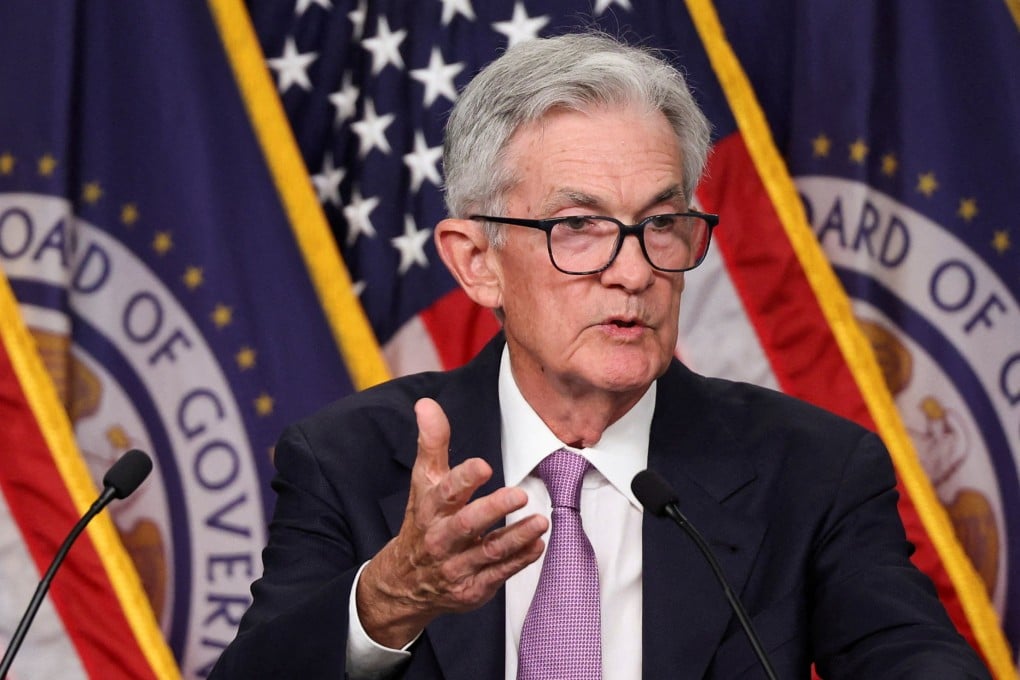Macroscope | Why Trump’s attacks on the Fed cannot be taken lightly
The erosion of governance standards in the US shows advanced markets have more consequential political risks than many emerging economies

It was also a sign that despite dramatic improvements in governance standards, economic fundamentals and the transparency and resilience of financial markets in many developing countries over the past few decades, institutional investors perceive emerging markets as inherently riskier than advanced economies.
This is certainly the case for some emerging markets, especially in Africa and Latin America, that have struggled to reform their economies and are more vulnerable to external shocks. Yet the emerging market asset class as a whole is more mature, more diverse and more investible than it was in the 1990s and early 2000s.
Changes in perceptions of sovereign risk have not kept pace with profound shifts in the global economic and financial landscape. Many fund managers continue to overestimate risks in emerging markets while underestimating threats in advanced economies.
Booth’s distinction between risks in developing and developed economies is as relevant today as it was back then. While it is debatable whether threats in emerging markets, even some of the most resilient ones, are adequately priced in, Booth was right to point out that investors were too complacent about risks in advanced economies.
